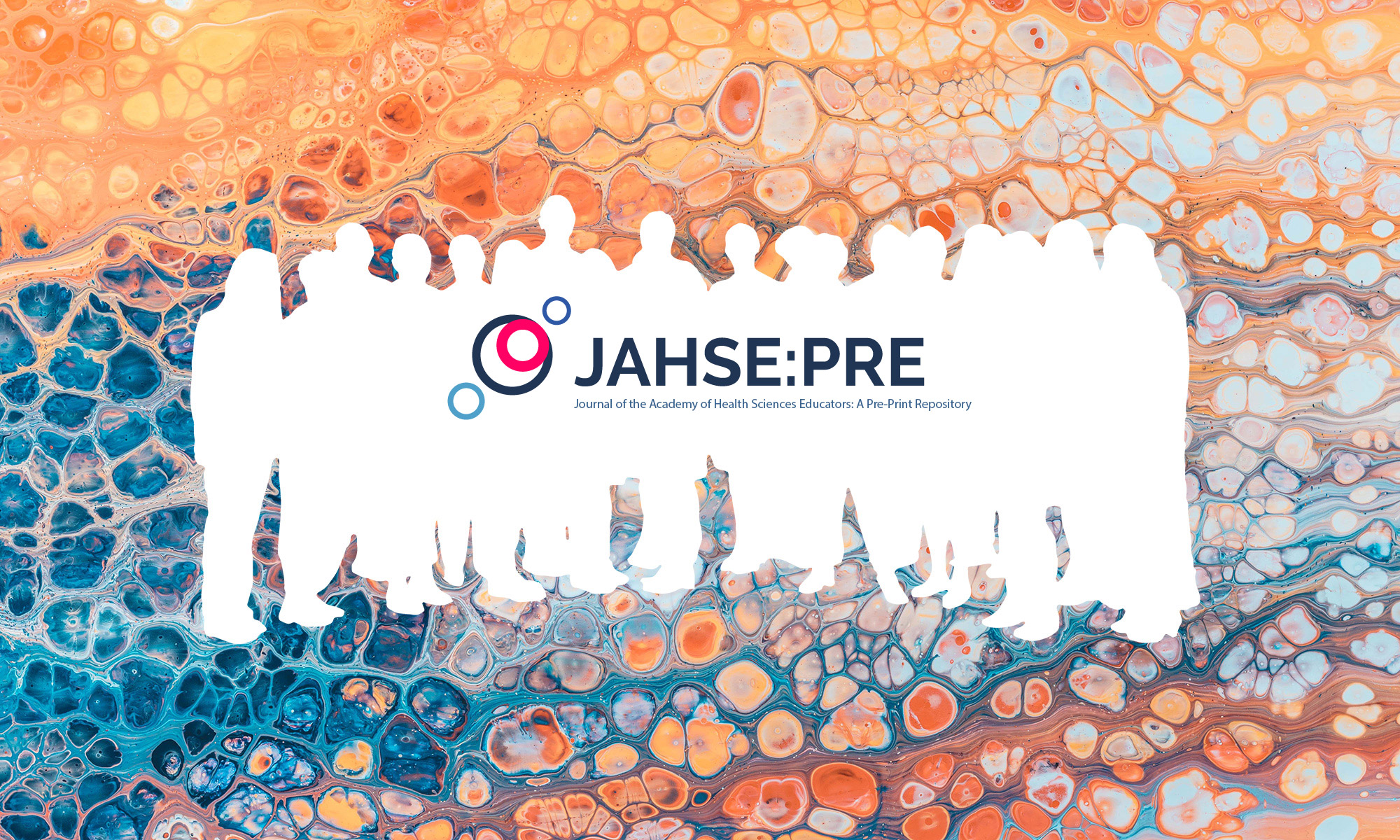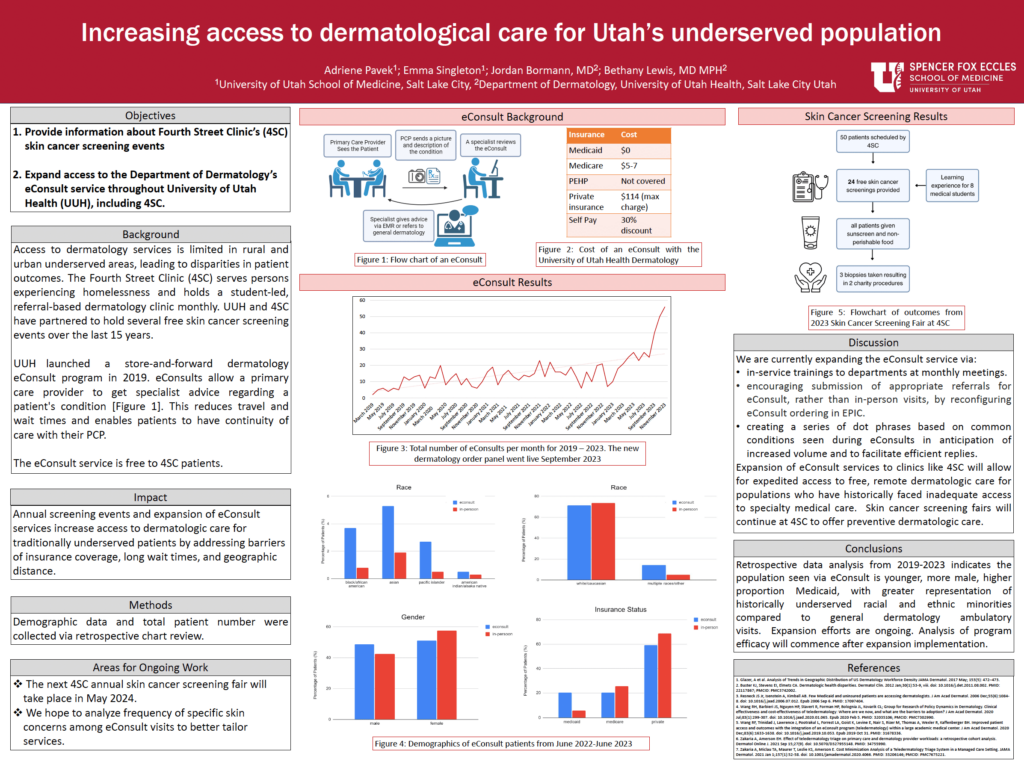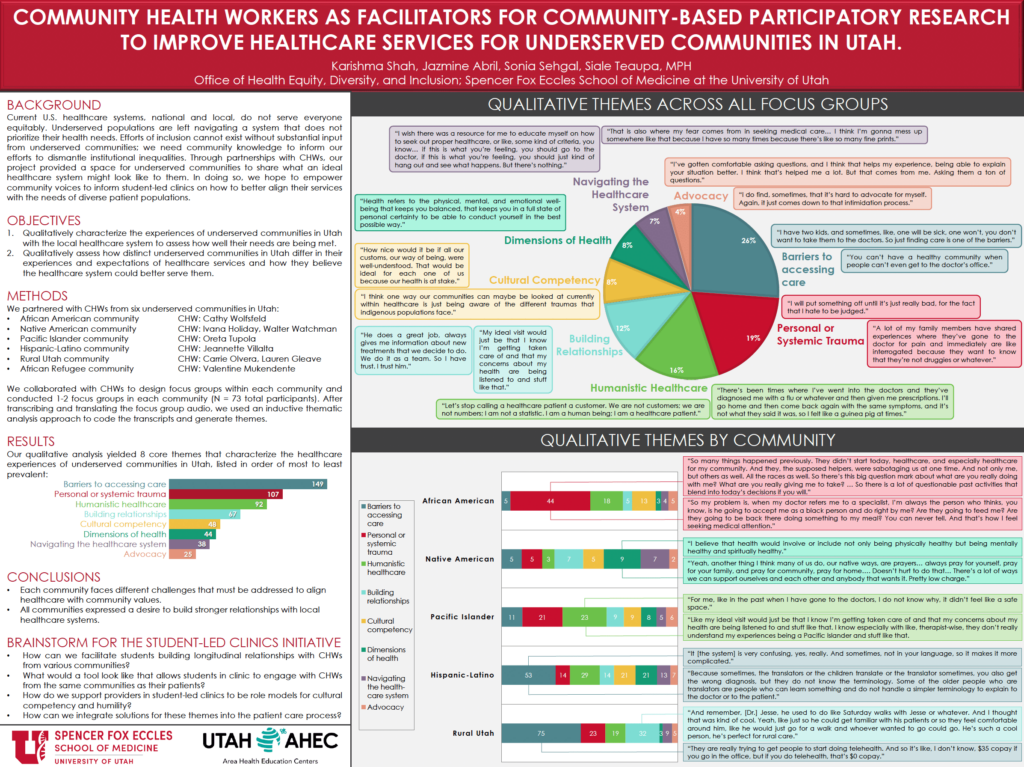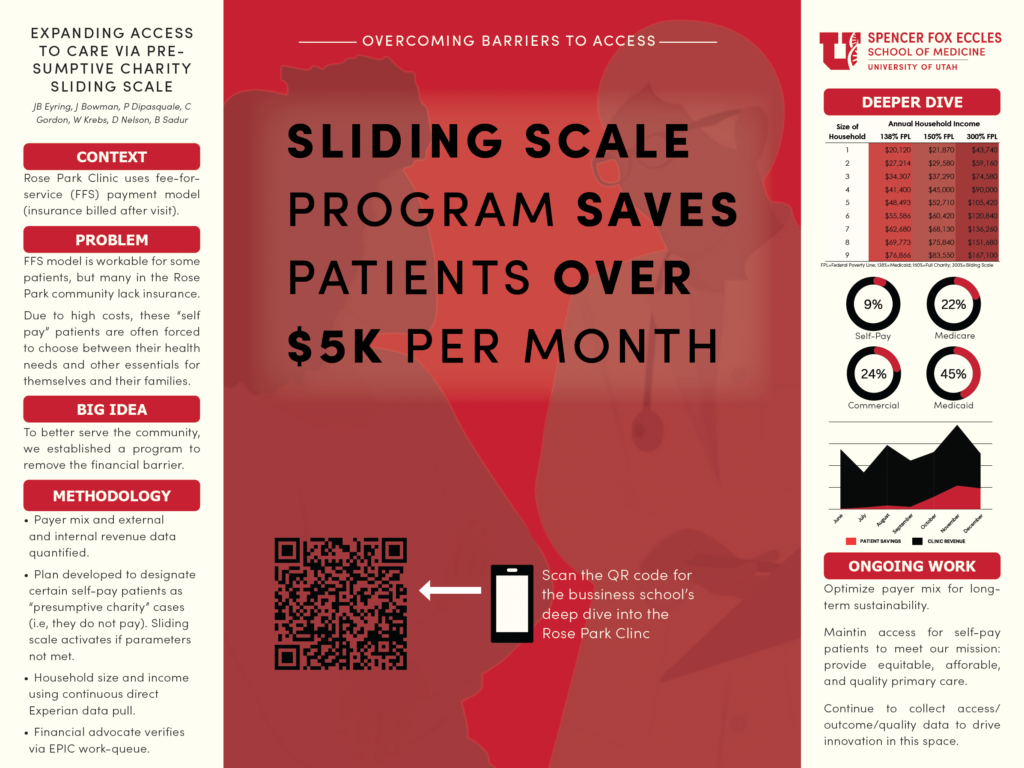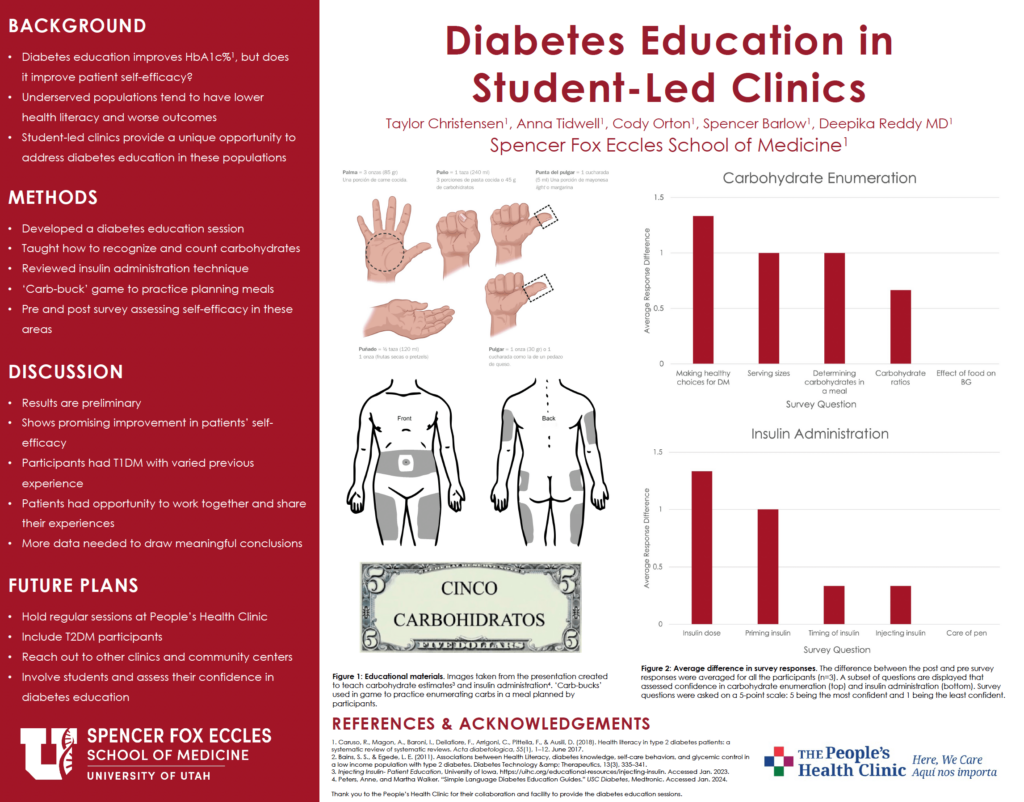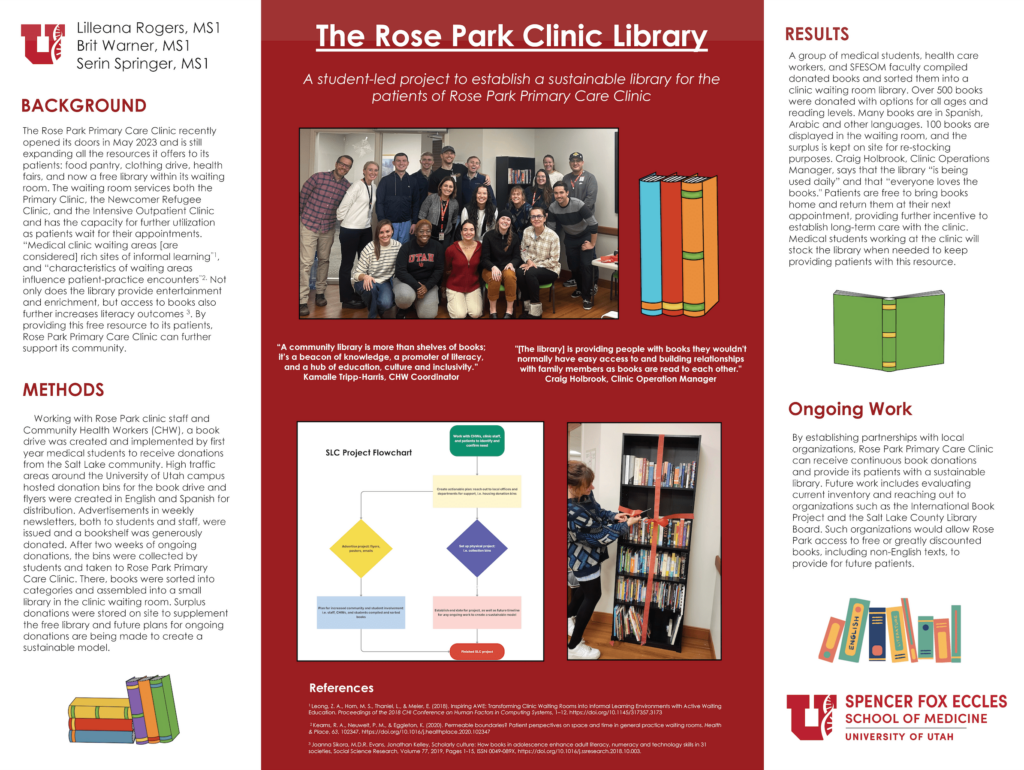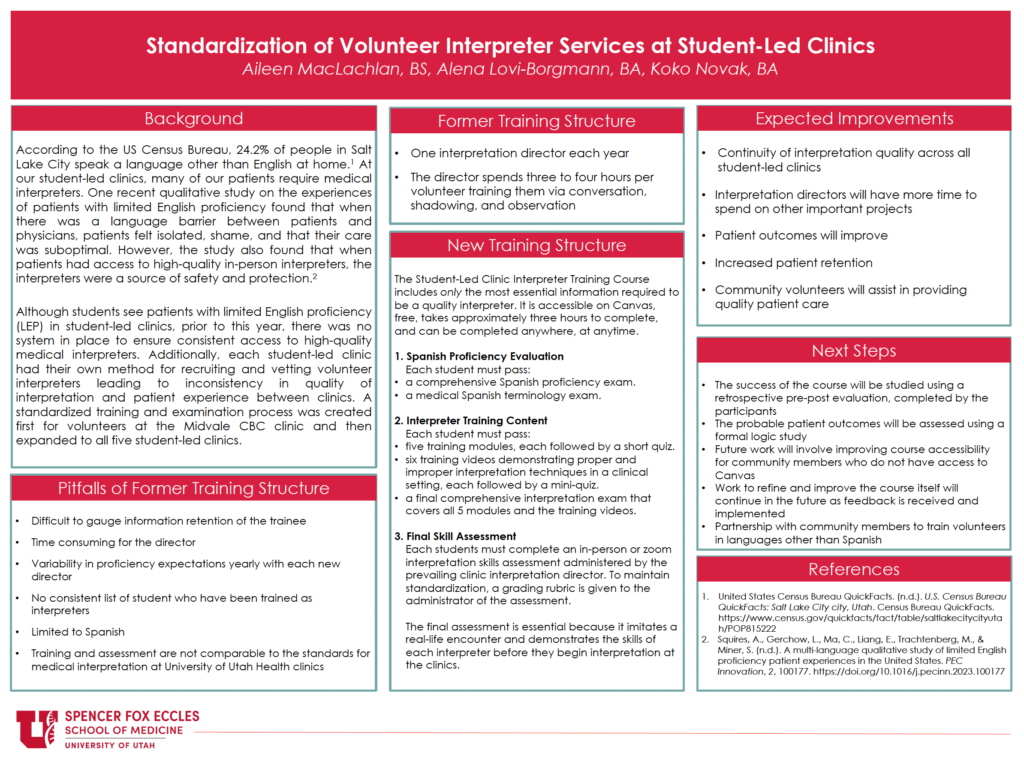
Title: Creation of a Standardized and Sustainable Training Pathway for Volunteer Interpreters at Student-Led Clinics
Authors: Aileen MacLachlan, Alena Lovi-Borgmann, Koko Novak
Brief Description: The US Census Bureau reports that 24.2% of Salt Lake City residents speak a language other than English at home, necessitating medical interpreters at student-led clinics. A recent study highlighted the negative impact of language barriers on patient care but also emphasized the importance of high-quality interpreters in ensuring patient safety and satisfaction. To address inconsistencies in interpreter quality, a standardized training and examination process was implemented across student-led clinics, covering essential information and including Spanish proficiency evaluation, interpreter training modules, and a final skill assessment to ensure proficiency before interpreting for patients.
